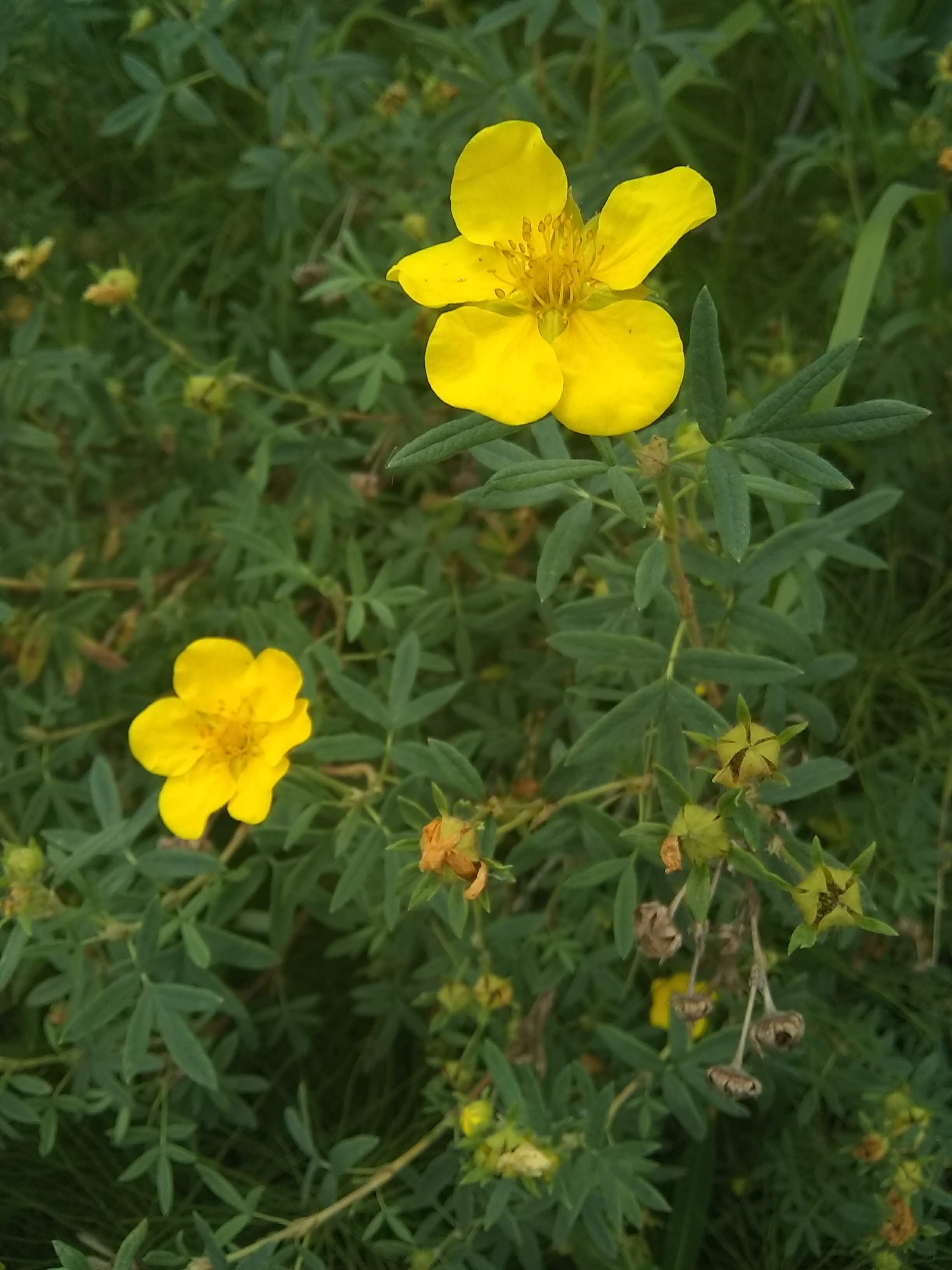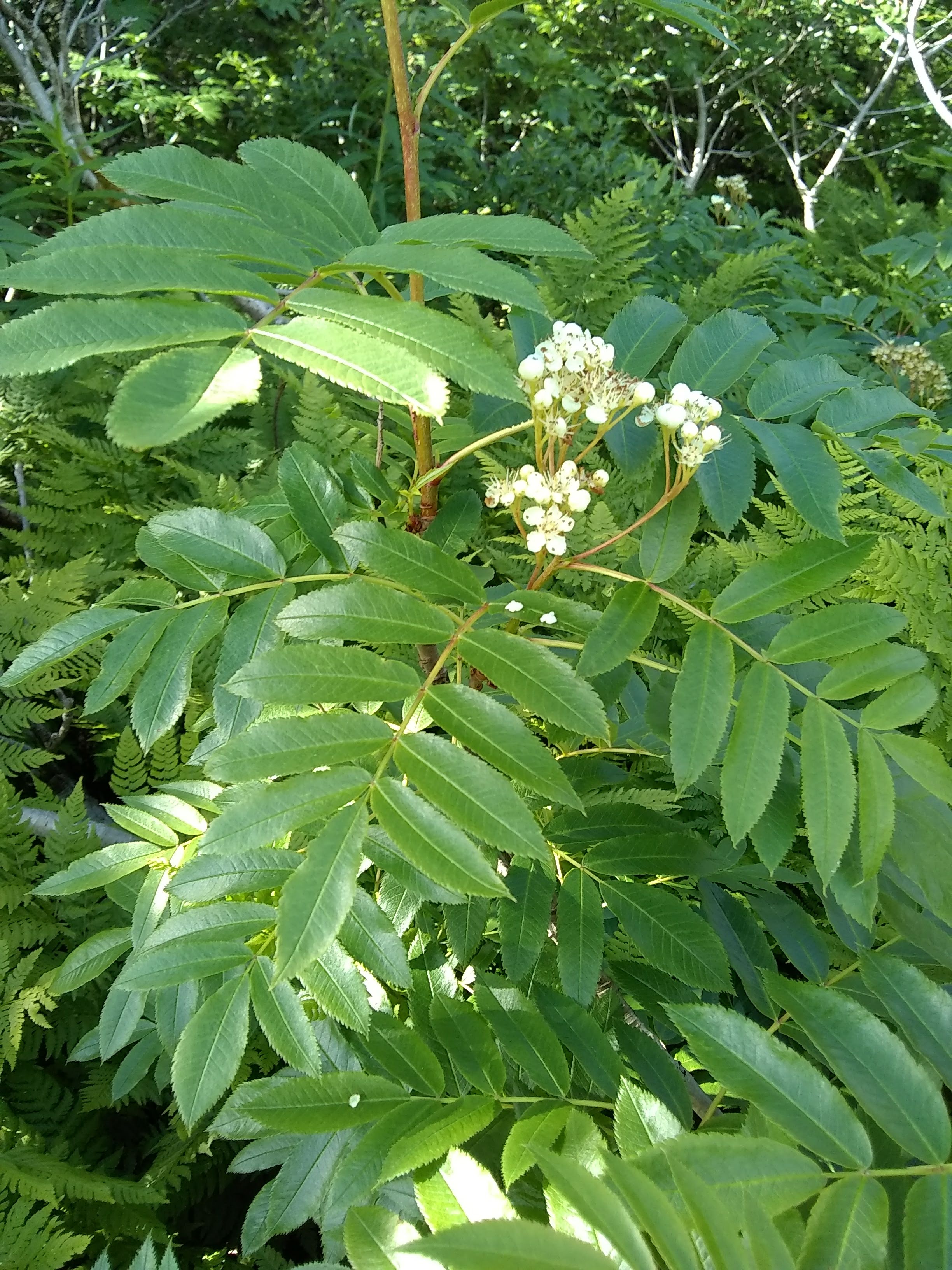A couple of weeks ago, someone asked me to do a post on dandelion root tea and if it is supposed to fight cancer. Before I continue, I want to say that there is not one single herb out there that is a miracle herb. Every person is different, so there is not one size fits all in regards to healing anyone, healing needs to be individualized. (See my post here for more on that.) So, now back to our regular programming!

Dandelions are a great little flower. A lot of people with lawns consider them a weed (in fact a lot of “weeds” are useful). With this in mind, if you are going to harvest dandelions, make sure that they do are in an area that have not had pesticides or herbicides used on them, for at least a year if not longer.
Dandelions are both good as a food source and as an herbal remedy. You can use the early shoots and leaves in salads. If you prefer the more bitter tasting lettuces, wait until after the dandelions have bloomed to put the leaves in the salad. You can also add the blooms themselves in salads. The blooms can also be collected to make dandelion wine. Another drink that can be made with spring or fall harvested roots that are roasted is a coffee-like tasting drink. However, don’t look for your caffeine fix with it, it only tastes like coffee and will not give you that buzz that most people look for when drinking coffee. Nutritionally, dandelions are a great source of vitamin K, vitamin A, a flavonoid called zeaxanthin, carotene, lutein, and cryptoxanthin, are high in fiber, vitamins C and B6, thiamin, riboflavin, calcium, iron , potassium, and manganese. Less present vitamins and minerals, but still there nonetheless include folate, magnesium, phosphorus, and copper.
Medicinally dandelion is a diuretic and hepatic (meaning “of the liver”) and therefore are used mainly for liver and kidney ailments. The root is the main part used and for medicinal purposes, it is best harvested early and late summer when they are most bitter. You could then dry the roots and later make a tea, or put them directly into some grain alcohol for to make a tincture.
Due to it’s hepatic nature, it makes sense that dandelion would be helpful against certain types of liver diseases, such as Hepatitis B. That’s what this study decided to test in rats. It proved (in rats anyways, this has not been tested in humans) that the antiviral properties helped fight Hepatitis B. It also had a protective action on the cells of the liver (called hepatocytes).
Now as to the cancer fighting ability, there are several studies that suggest that dandelions can be helpful in fighting certain types of cancer. This comes back to what I said earlier about there being no one “cure-all” herb. Just as there are differences in all people, there are differences in cancers. Not all cancers are the same, and even those in the same category (such as breast cancer or melanoma) have differences and should be treated differently.
One study suggests that the root extract of dandelion is good for fighting a chemoresistant melanoma (skin cancer). However, this was done only in vitro so the usefulness of this has not been tested in human subjects, but shows great possibility. Another study shows that the dandelion root extract can be useful in making sure that cells die (apoptosis, as the process is called. When apoptosis of a cell stops, that cell is usually cancerous and can then spread) specifically related to pancreatic cancer. As the study mentions though, this only provides a direction to go in. A study I found focused its efforts on dandelion root extract’s effect on Chronic Myelomonocytic Leukemia (a type of blood cancer that is runs in the family and is hard to diagnose) and found that it could also help with the cell death of this specific cancer cell as well, but this study has since been removed. Both of these studies were also done in vitro, so more testing is needed before using it as a cancer treatment by itself.
As with many herbs, there are interactions with prescription drugs, so be aware if you take any of the following:
Antibiotics – dandelion might decrease the amount of antibiotics that your body absorbs, making it less effective.
Lithium – dandelion might affect how well the liver filters out lithium of the body, which would lead to a build-up and result in side effects.
Medications that are changed by the liver (amitriptyline (Elavil), haloperidol (Haldol), ondansetron (Zofran), propranolol (Inderal), theophylline (Theo-Dur, others), verapamil (Calan, Isoptin, others), and others)(acetaminophen, atorvastatin (Lipitor), diazepam (Valium), digoxin, entacapone (Comtan), estrogen, irinotecan (Camptosar), lamotrigine (Lamictal), lorazepam (Ativan), lovastatin (Mevacor), meprobamate, morphine, oxazepam (Serax), and others.) – As mentioned above, dandelion can affect how the liver processes certain medications and how they are broken down.
Water Pill (amiloride (Midamor), spironolactone (Aldactone), and triamterene (Dyrenium).) – Water pills can increase the amount of potassium levels in the body. With the high amount of potassium in dandelion, you could overload your body with too much potassium.
If you have a ragweed allergy, be careful when using dandelion as you may also be allergic to dandelion.
Hope that was helpful and informational. Thanks for reading!




